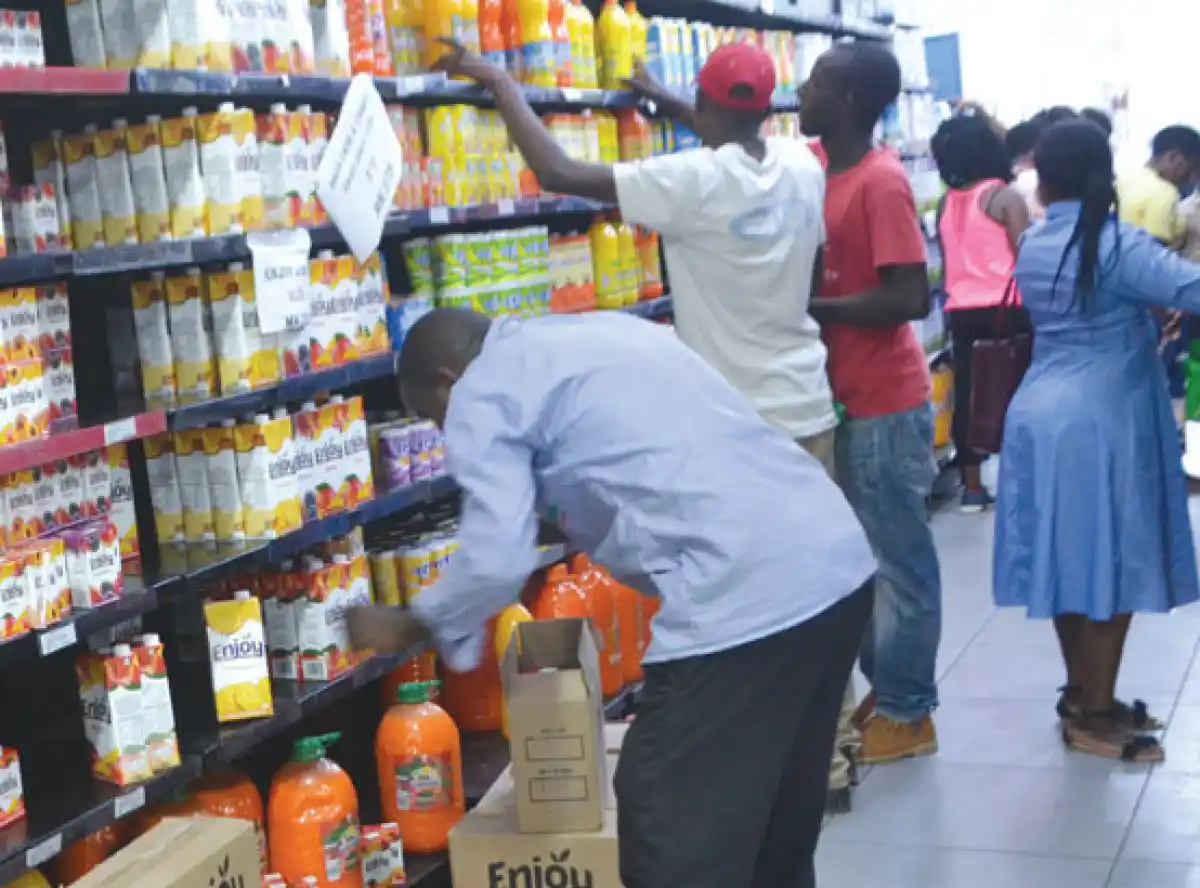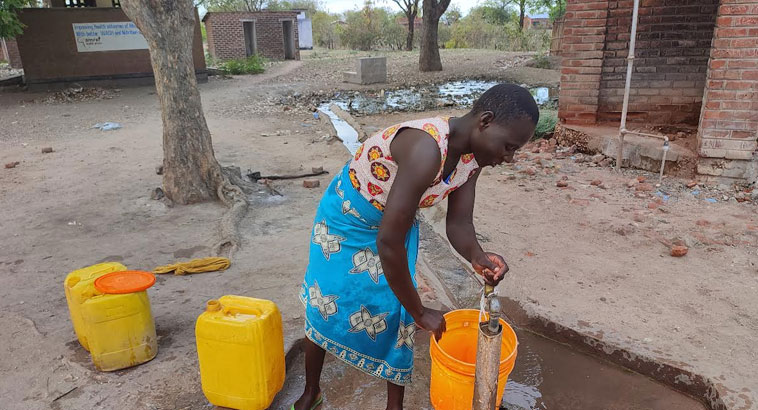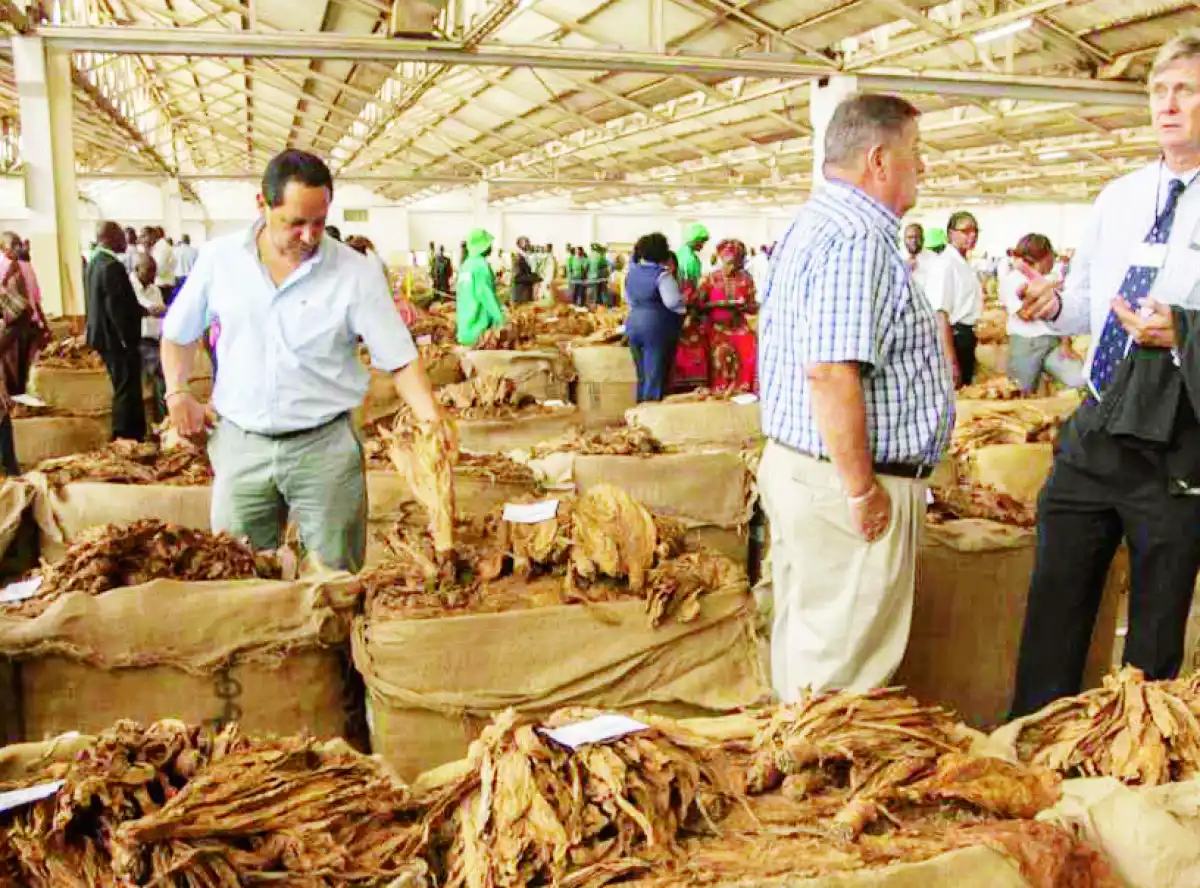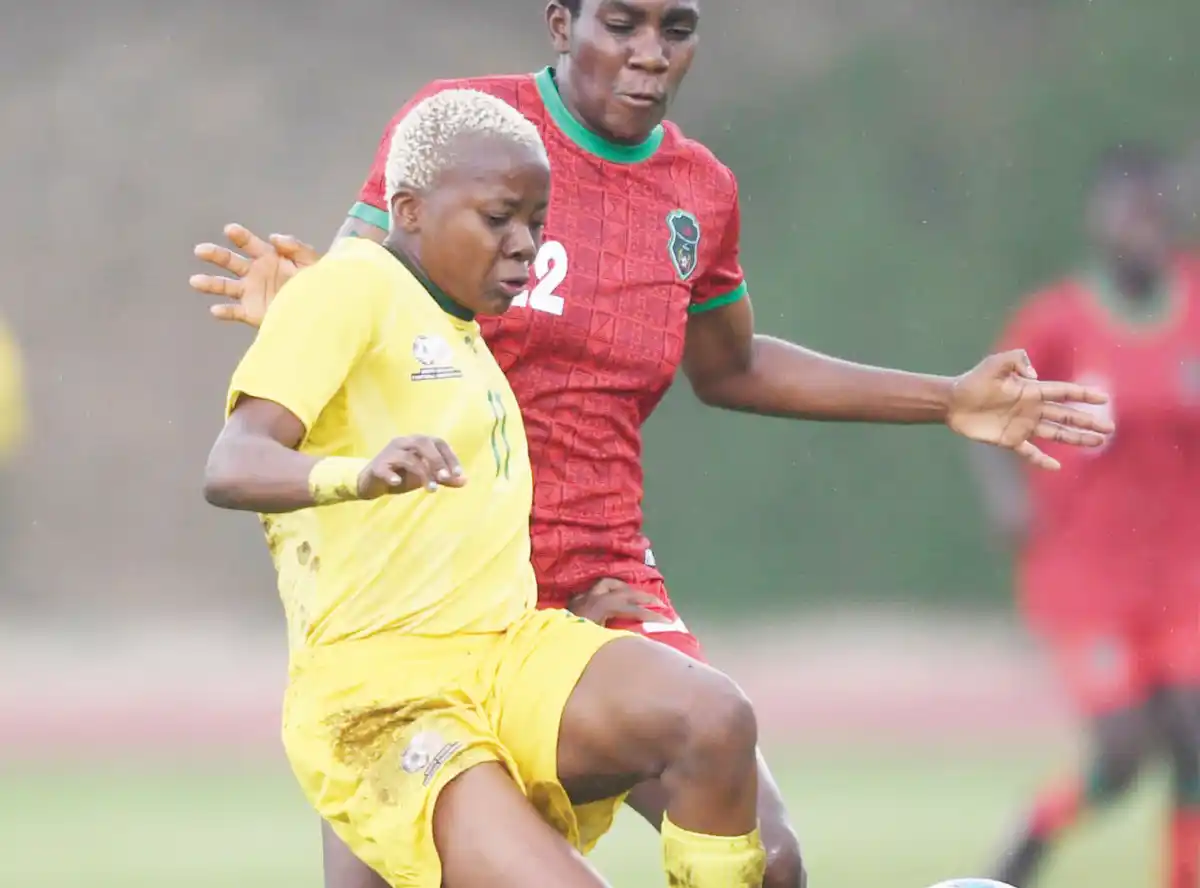
Selina Phiri, a 24-year-old first time mother, walks with great effort toward a borehole outside Chipwaila Health Centre in Chikwawa District.
She has just delivered a baby girl and must clean herself, her baby and wash her blood-stained linen.
The health centre lacks running water, forcing guardians and mothers like Phiri to fetch it from the borehole, a stone’s throw away.
Despite her exhaustion from labour, she trudges toward the borehole with a blue plastic bucket in hand, reflecting on the absence of her mother and husband’s relatives who would have assisted her to fetch water.

This scene is tragically common in the district’s health facilities, where water, sanitation and hygiene (Wash) challenges are rampant.
Many health facilities depend on boreholes, which often fail during the dry season when the water table drops.
The district’s safe motherhood coordinator Nylon Sekani observes that many boreholes have non-functioning pumps or insufficient water during critical periods.
Phiri’s ordeal continues as she arrives at the borehole and joins a queue of other first time mothers and guardians waiting to draw water.

Her turn arrives 20 minutes later.
She struggles to pump the water, the physical effort almost insurmountable in her weakened state.
With the help of another mother, she fills her bucket and carries it back to the facility.
The lack of basic amenities severely impacts the health outcomes of mothers and new-borns.
“Life is tough here. We cannot easily find water to do our work,” says Gertrude Bonzo, a medical assistant at the facility.
Even health workers struggle with water scarcity, often relying on ground workers and birth attendants to help them draw it.
Bonzo dreams of a solar-powered water system with a pump and tank to ease their burden.
Sekani agrees that having solar-powered water systems, complete with tanks, would ease the situation.
“This is crucial for maintaining hygienic standards and improving the quality of care provided at health facilities,” he adds.
Chikwawa’s district director of health and social services, Dr. Grace Mombo, highlights the consequences of inadequate water supply.
“The absence of clean water compromises health standards, leading to increased infections and complications, particularly in maternal and neonatal care,” she explains.
Sekani echoes the sentiment, stressing the importance of clean water in reducing infections and mortality rates.
“Without clean water, new-borns face heightened risks of umbilical cord infections and other health issues,” he says.
Health facilities like Chipwaila, Ndakwera, Majete 3, Makhwira, Chang’ambika, Nchalo Hunger, Kakoma and Chithumba have similar Wash challenges.
“Efforts to drill boreholes at Kakoma have been hampered by rocky underground conditions,” recalls Dr Mombo.
Even at Chikwawa District Hospital, when water tokens are exhausted, both staff and guardians turn to boreholes.
“The district hospital borehole is so unreliable that water only comes out when the water table is high,” explains Sekani.
Many health facilities resort to pit latrines due to a lack of running water.
Some facilities have old, rusty and broken sinks and toilet facility, showing non-functional Wash facilities.
At Nchalo Hunger Health Centre, for instance, some bathrooms and toilets are in disrepair, with broken doors or no doors at all, rendering them unusable.
The World Health Organisation (WHO) recommends access to clean water and sanitation as a fundamental component of quality healthcare, particularly during childbirth.
Yet, in Chikwawa, this remains a distant reality.
The 2024 Mother’s Fun Run (MFR), an initiative by Nation Publications Limited (NPL), aims to address critical drug, equipment and Wash challenges in the district.
Apart from Wash problems, many health facilities lack drugs, electricity and medical equipment such as BP machines, suction machines, kiwi vacuum extractor, penguin suckers, wheelchairs, weighing scales and others.
MFR seeks to mobilise K300 million to ease these challenges.
By enhancing these facilities, MFR hopes to reduce maternal and neonatal deaths significantly, aligning with Sustainable Development Goal 3, which aims to ensure healthy lives and promote well-being for all at all ages.
Phiri’s story is not just about her personal struggle, but symbolises the systemic issues affecting countless mothers and babies in Chikwawa and beyond.
By supporting the 2024 MFR, we can together create a future where every mother has access to the basic necessities needed for safe childbirth and healthy beginnings for their children.








0 Comments